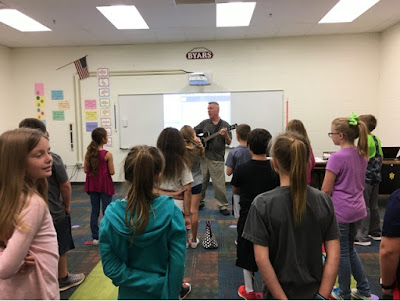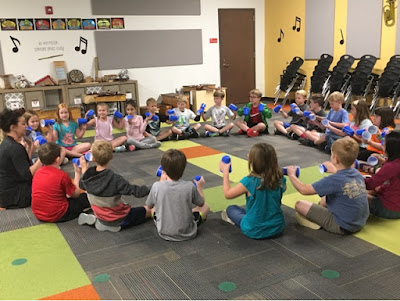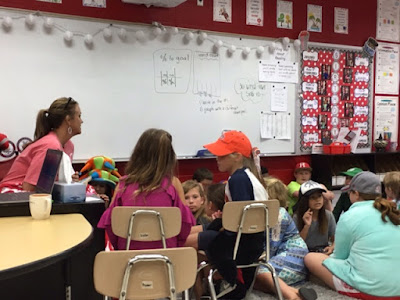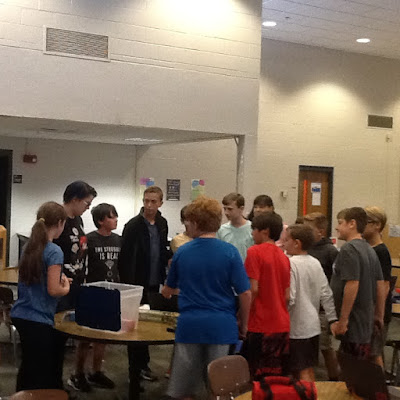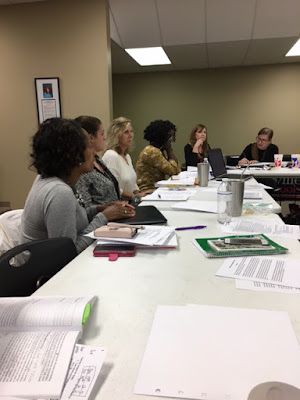TCS principals, assistant principals, academic coaches, and central office personnel regularly engage in walkthroughs. We encourage teachers to join in walkthroughs as this practice is a valuable source of professional growth for teachers at every stage of their careers. Walkthroughs provide a means for teachers to observe, reflect on, and discuss their practices and to focus on individual, collegial, and schoolwide improvement.
Last week, walkthroughs in TCS classrooms yeilded important data and affirmation. We are focusing on the nine TCS Educator Effectiveness indicators and on the impact of professional development that the district is providing.
Mrs. Bramlett Leads Number Talks
Mrs. Moore Confers with a Student about their Reading
Music with Mr. Byars
Mrs. Evans' Kindergartners Are Building Reading Stamina
Mrs. Sing's Kindergartners Learning to Write and Tell Stories
Students in Ms. Coleman's Class Participate in Socratic Seminar to Discuss "Story of an Hour"
Mrs. Johnson Confers with Second Graders about their Reading Progress
Time for Independent Reading in Mrs. Odom's Class
Rhythm Activity with Mrs. Fortenberry
Mrs. Camara Utilizes Manipulatives to Demonstrate Decimals
Mrs. Brasher's Students Stopping to Predict and Discuss Part of a Readaloud
Rigorous Problem Solving in Ms. Bresnan's Class
Maki Maki Club at HTMS
Data Display for Students at HTMS




